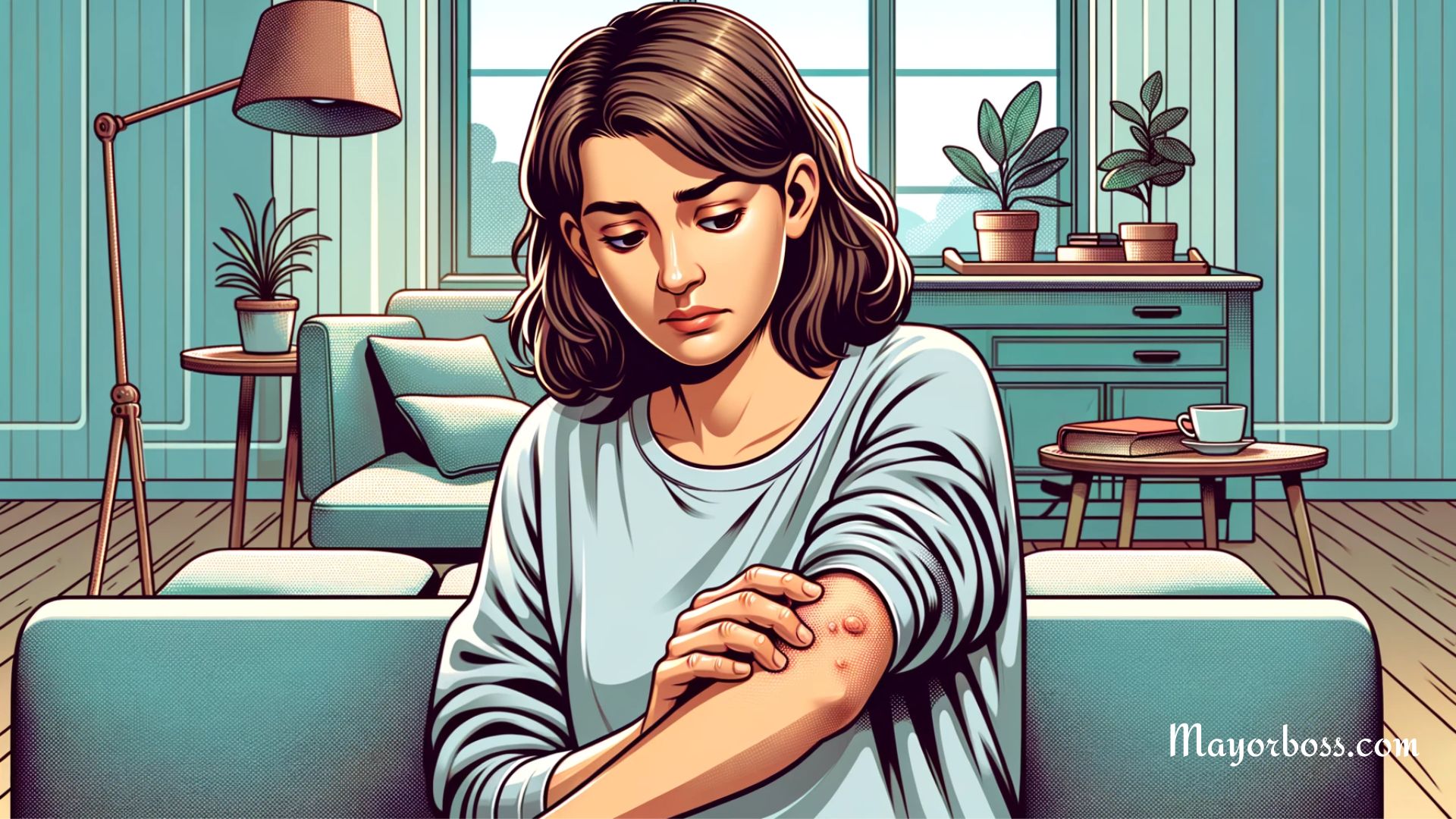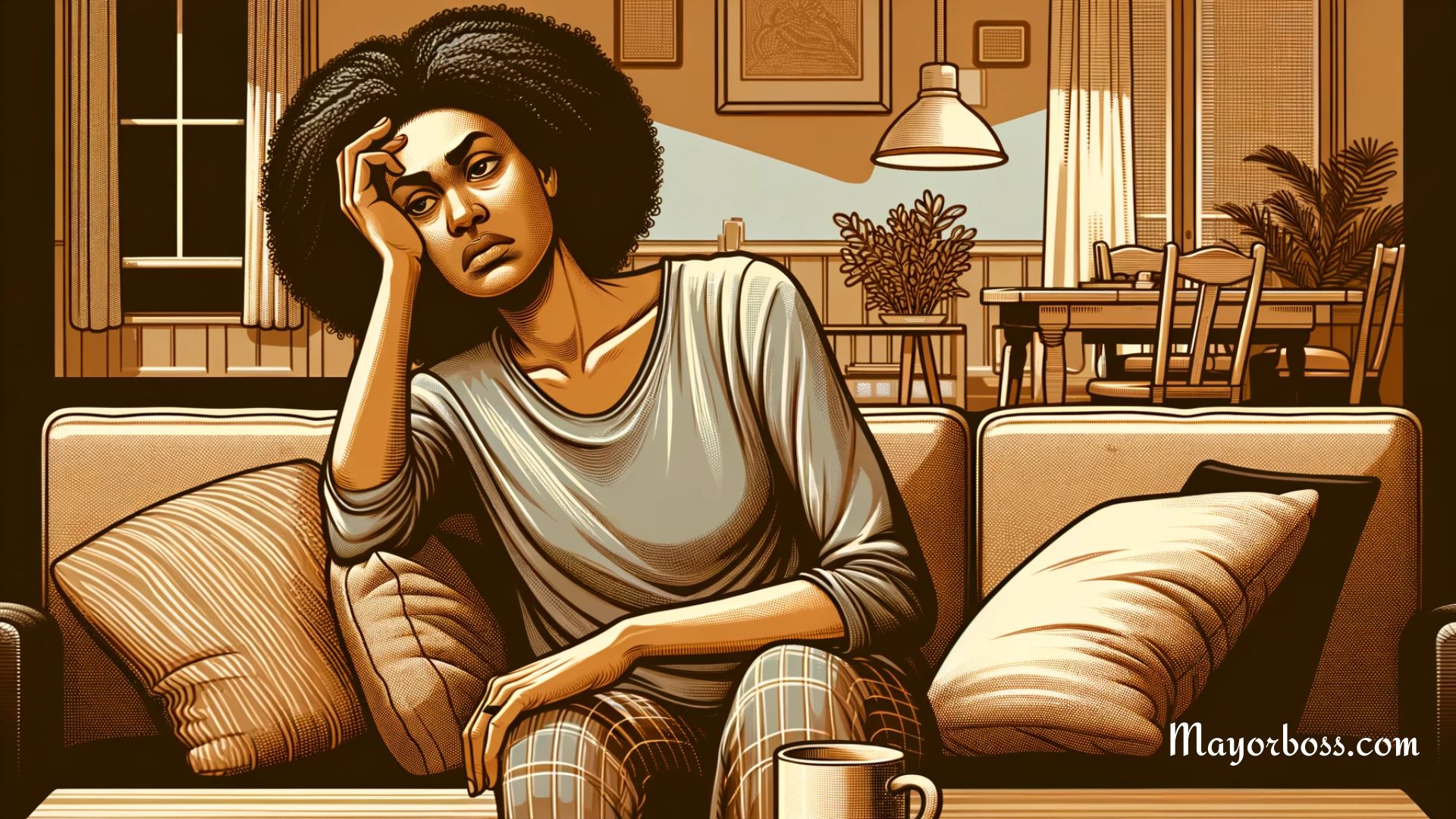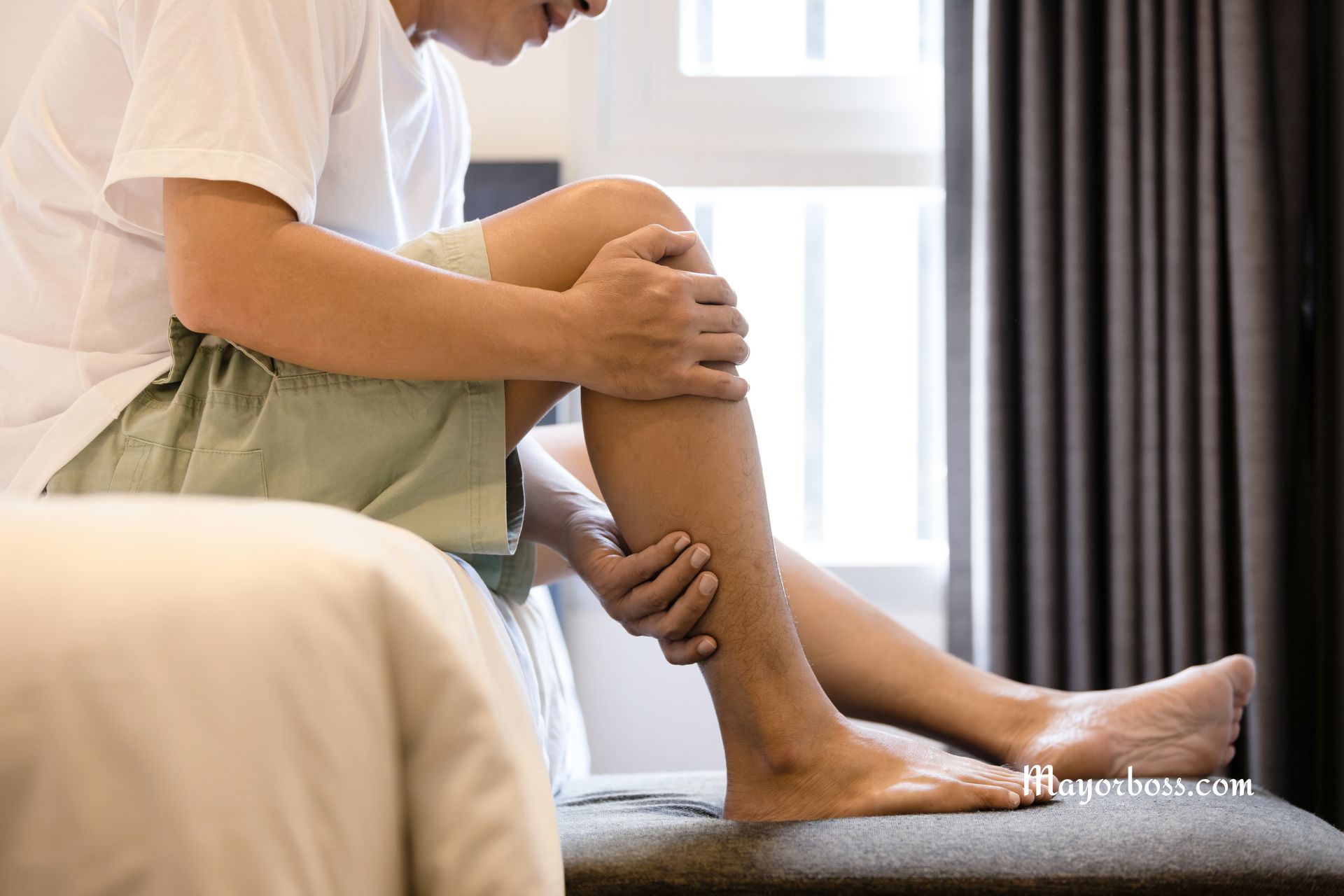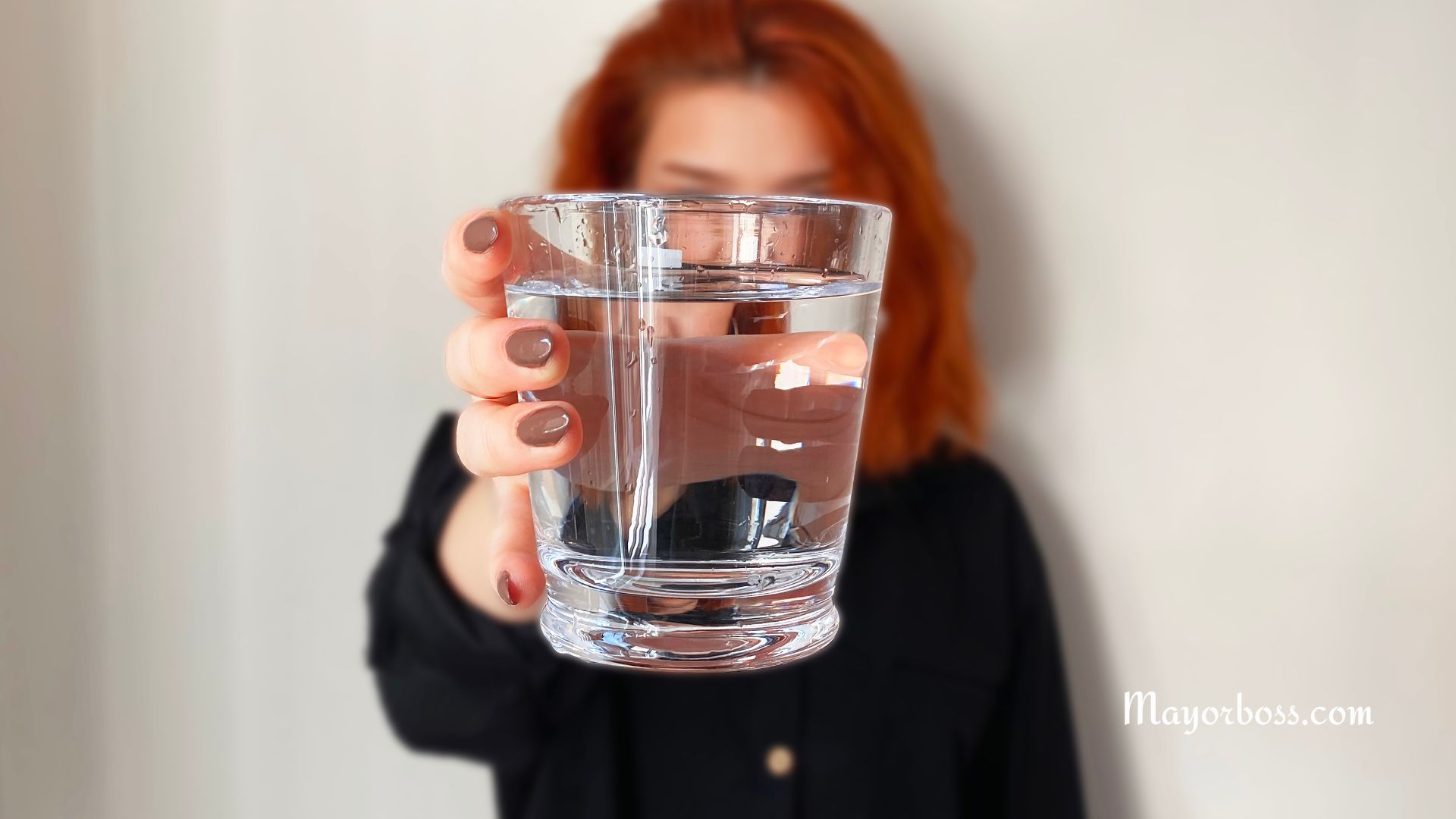Urge Urinary Incontinence: How to Stop Urine from Leaking
Urge urinary incontinence is a health condition where you suddenly feel a strong need to urinate, and sometimes, you cannot reach the bathroom in time. While this can be embarrassing, rest assured that it is also quite common. I understand the challenges many face with this problem.
Millions of adults in the United States deal with urinary incontinence, according to the Urology Care Foundation. Women are twice as likely as men to experience this condition, but it can affect anyone. There are many reasons why someone might have urinary incontinence. The better news is that there are simple, practical steps you can take to reduce or even stop these sudden leaks.

What Is Urge Urinary Incontinence?
Urge urinary incontinence is not the same as simply having a full bladder. Instead, it involves an unexpected feeling of urgency. One moment, you may be reading a book or watching a movie, and the next, you feel a sudden, intense need to empty your bladder. Often, this feeling can lead to leaks before you find a restroom. Some people may notice that they urinate more often than their family and friends or that the urge is too strong to hold back.
This condition can occur at any age, but it tends to be more common as we grow older. Still, even younger adults experience it. It can affect women and men, though women are often more likely to deal with these symptoms, perhaps due to pregnancy or hormonal changes.
Why Does Urge Incontinence Occur?
Your bladder is a hollow organ that stores urine until you are ready to release it. Normally, as the bladder fills, it sends signals to the brain. The brain then tells you when it is time to “go.” In urge incontinence, these signals might fire too often or too strongly. You may feel sudden urges even when your bladder is not very full.
There are a number of factors that might cause this to happen:
- Overactive Bladder Muscles: Sometimes, the muscles of the bladder contract too soon or too forcefully, sending a sudden message that you need to go right now.
- Nerve Problems: If there is damage to nerves that control the bladder—due to diabetes, stroke, or multiple sclerosis, for example—the signals may not flow correctly, causing urgent urges.
- Urinary Tract Infections: A bladder infection can irritate the bladder lining, making you feel the need to urinate more urgently and frequently.
- Certain Medications or Foods: Some drinks, like coffee or tea, as well as spicy foods or certain medicines, may irritate the bladder and cause more frequent urges.
How to Know If You Have Urge Incontinence
If you find yourself rushing to the bathroom many times a day and sometimes even wetting yourself before arriving, you may have urge incontinence. Keeping a diary of when you drink fluids, when you urinate, and any leaks you experience can help you and your doctor understand your situation better. This simple tracking method can go a long way toward finding a solution.
Lifestyle Changes to Help Control Urge Incontinence
Small adjustments in your daily routine can have a prominent impact on your bladder health:
- Limit Bladder Irritants: Cutting back on drinks with caffeine, such as coffee and soda, can help calm the bladder. Reducing spicy or acidic foods like hot peppers and citrus fruits may also help.
- Watch Your Fluid Intake: While you should not stop drinking water, try sipping fluids throughout the day instead of drinking large amounts at once. This can help keep your bladder from filling too quickly.
- Maintain a Healthy Weight: Extra weight can put pressure on the bladder. Losing even a small amount of weight can lessen urges and leaks.
Exercises for a Stronger Bladder
Pelvic floor exercises, often called Kegel exercises, strengthen the muscles that support the bladder. When these muscles are strong, you gain better control over sudden urges and leaks. To perform pelvic floor exercises, tighten the muscles you would use to stop the flow of urine. Hold this squeeze for a few seconds, then relax. Repeat several times a day. With regular practice, you may notice fewer leaks and more confidence in your ability to hold your urine.
Bladder training is another useful technique. For example, if you find that you rush to the bathroom every hour, try to stretch out the time between visits. Start by waiting just a few minutes longer than usual, and slowly add more time between trips. Over a few weeks or months, you may train your bladder to store urine more comfortably.
Medications and Other Treatments
If lifestyle changes and exercises are not enough, your doctor may suggest medications (Antimuscarinics, such as darifenacin, oxybutynin, tolterodine, fesoterodine, solifenacin, and trospium) that calm the bladder muscles and treat an overactive bladder. These drugs can reduce the urge to urinate and help you gain more control. In some cases, a doctor might recommend other treatments like nerve stimulation or injections that relax the bladder.
When to Seek Medical Advice
While it may feel awkward to discuss bladder control, it is a common medical issue that doctors understand well. If you find that your daily life is disrupted—if you avoid outings, worry about accidents, or cannot sleep at night because of frequent trips to the bathroom—it is time to talk with a healthcare professional. By working together, you can find the cause of your urge incontinence and discover the best way to manage it.






